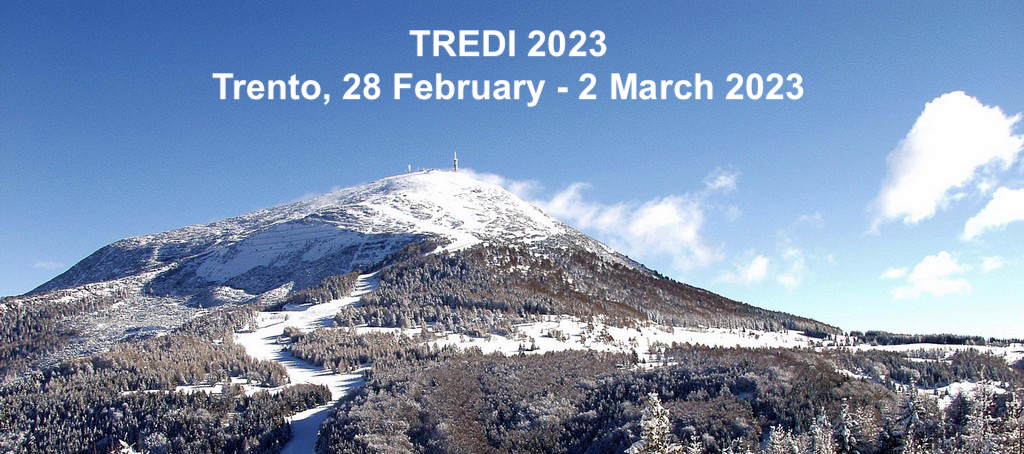Speaker
Description
Monolithic sensors are regarded nowadays as valid alternatives to hybrid detectors in the design of next generation high-performance silicon vertex, tracking and timing detectors for high-energy physics (HEP) experiments and other fields of research like medical imaging and space applications.
In this context, Fully Depleted Monolithic Active Pixel Sensors (FD-MAPS) are a state-of-the-art detector technology that can provide cost-effective devices for both particle tracking and timing applications. Indeed, they have the advantage of collecting charges by drift, enabling a fast and uniform response over the pixel matrix. In particular, the ARCADIA project is developing FD-MAPS with an innovative sensor design, which exploits backside bias voltage to fully deplete the sensor and to improve the charge collection efficiency and the timing performances.
A detailed simulation study of the timing resolution achievable by monolithic detectors designed in the ARCADIA process has been conducted using simulation domains with characteristics tuned on experimental data. The studies were carried out by combining TCAD and Allpix$^{2}$ frameworks, implementing high statistics Monte Carlo simulations with very precise electric field and weighting potential maps as starting points.
In this work, the timing performance of pad diodes with pixel pitches ranging from 50 μm to 200 μm and different thicknesses will be presented and discussed in view of the possible applications.
Tools and analysis methods will be explored. Experimental measurements on the test structures are ongoing and results will be available in the next months.
